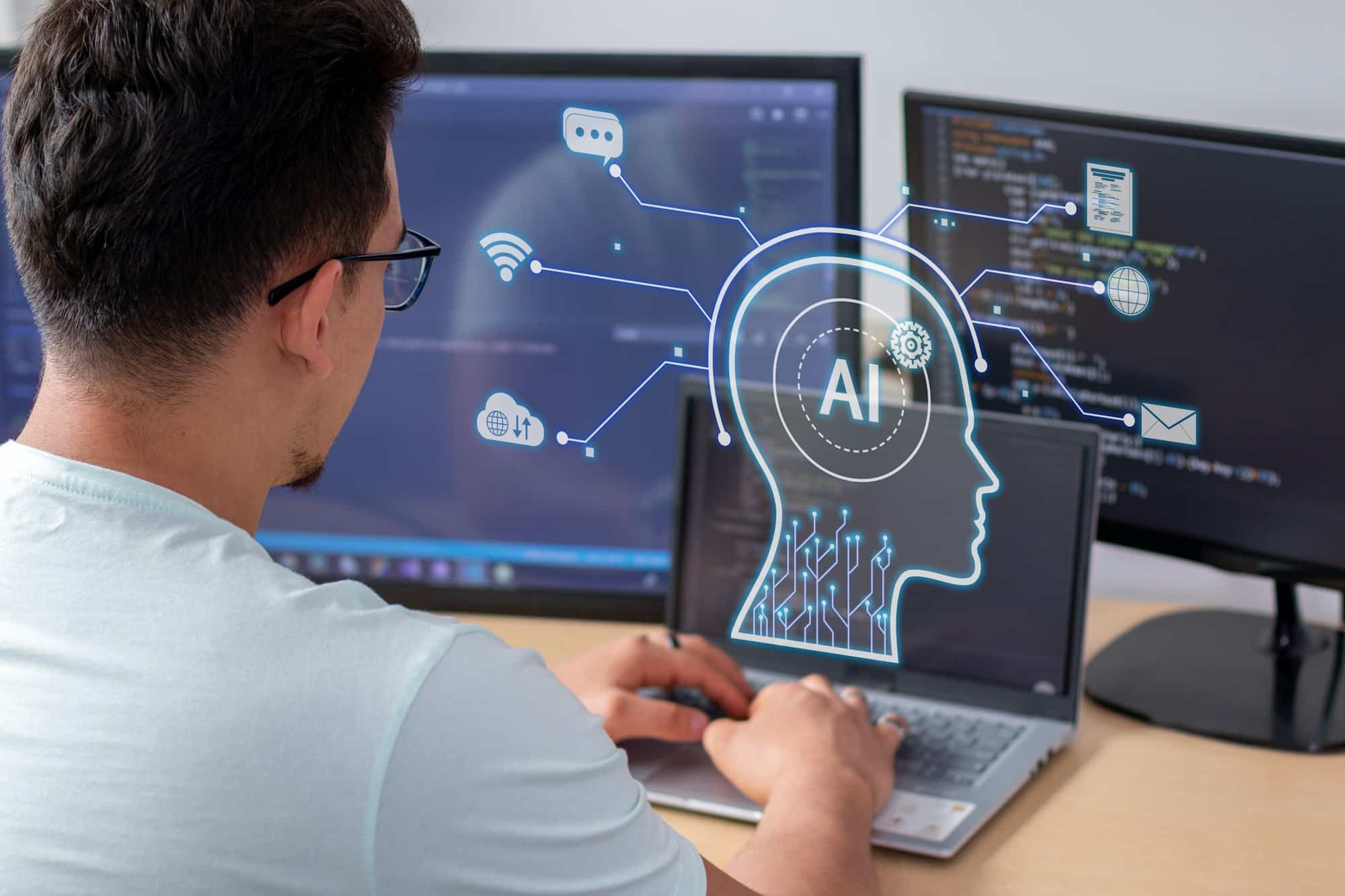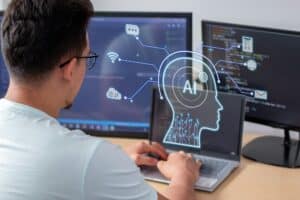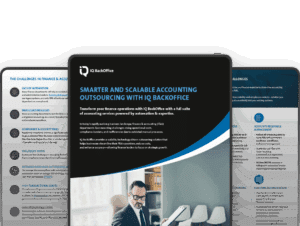Introduction
Artificial intelligence (AI) has become the ubiquitous buzzword of our era. It is tossed around in boardrooms and splashed across headlines, conjuring images of sentient robots and self-driving cars. In March 2023 alone, the keyword “AI” generated a search traffic volume growth of 30.4 million from 7 million in June of the previous year. Businesses are curious about the impact, if at all, on their operations and potentially finding out how this can give them a competitive edge. Seeing the potential for increased productivity, as reflected in the expected market size of $407 billion by 2027, 64% of businesses expect AI to be a game-changer.
But this all-encompassing term often leads to confusion and inflated expectations. Let’s dispel the myth: AI, in its current state, isn’t a silver bullet poised to revolutionize every industry.
Instead, AI represents a collection of powerful tools and techniques. Machine learning, a subset of AI, allows computers to learn from data without explicit programming. This empowers them to identify patterns, make predictions, and automate tasks – a game-changer for accounting, particularly when combined with offshoring practices.
So, how does this “realistic” AI translate into practical applications for accounting firms that leverage offshoring? Here’s a breakdown of some key use cases that are already transforming the landscape of accounting today:
Automation of Data Processing Tasks
Invoice Processing
Reviewing Standard Notices from the IRS
Helping with Internal Policy and Procedure Reviews
Summarizing Lease Agreements or Partnership Agreements
Generating Draft Responses for Standard Notices
Creating First Drafts for Reviewing Contracts
The Future of AI-Influenced Offshoring
Enhanced Fraud Detection
Improved Regulatory Compliance
More Collaborative Workflows
A Hybrid Model
The future of offshoring will likely be a hybrid model that strategically leverages AI and human expertise.
Here’s how this hybrid model might work:












